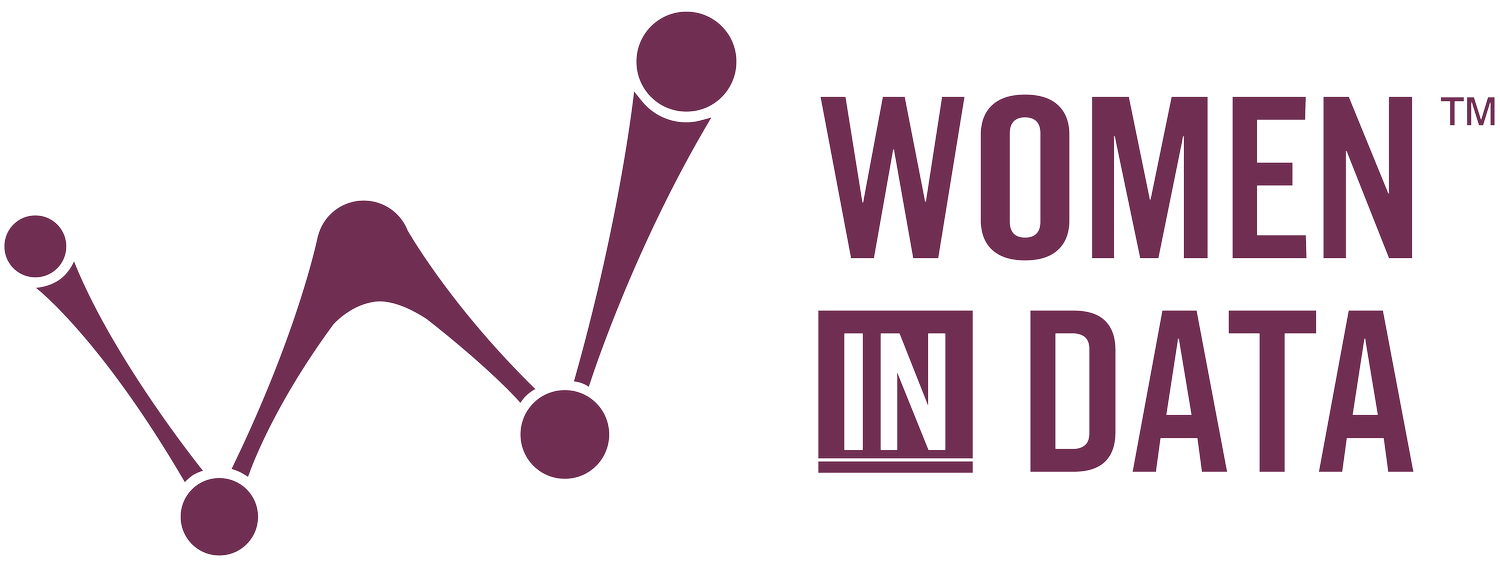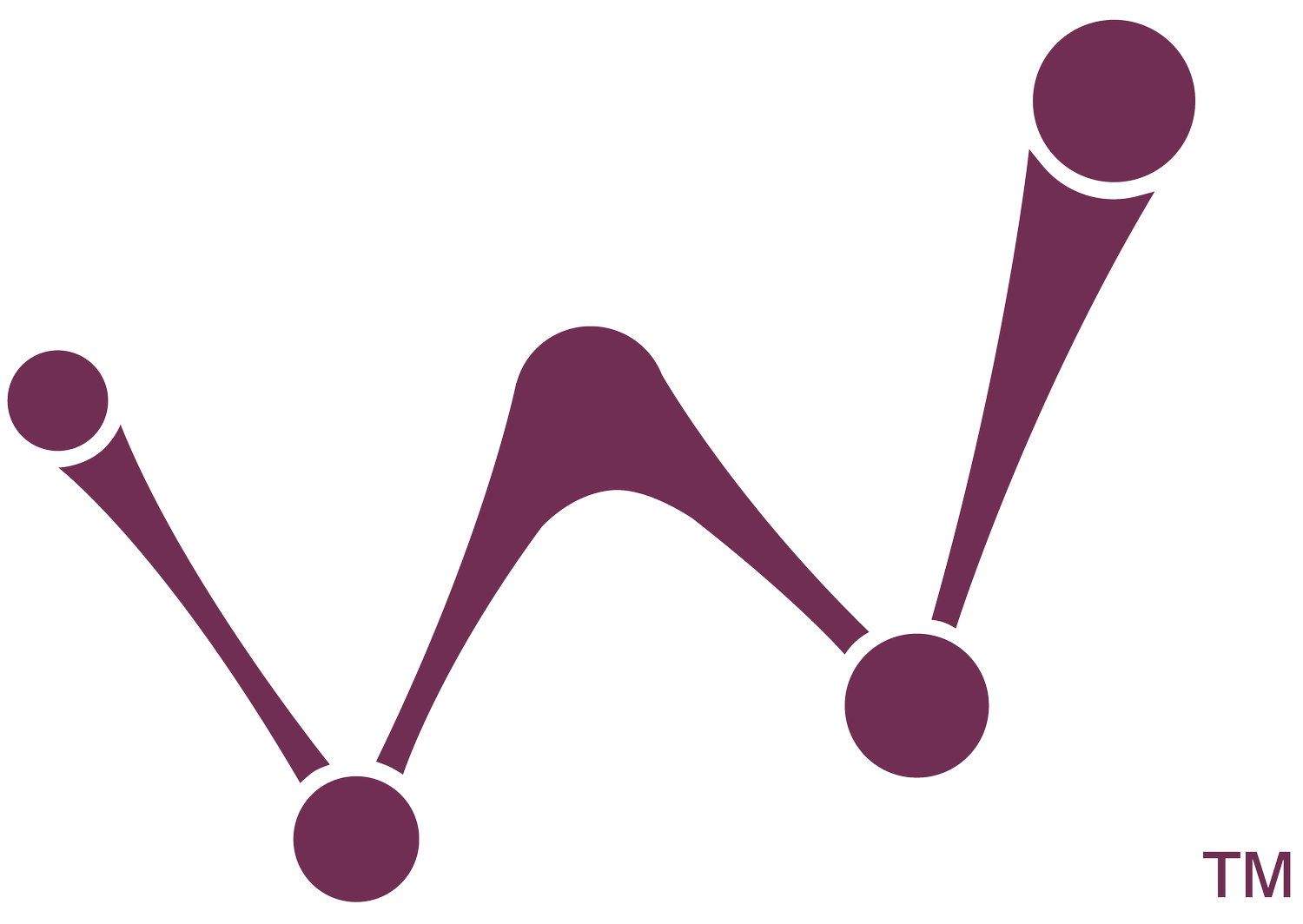Interview: Cindi Howson, Founder of BI Scorecard and Chief Data Strategy Officer at ThoughtSpot
We were honored to interview Cindi Howson, the Chief Data Strategy Officer at ThoughtSpot. She is an analytics and BI expert, with 20 plus years’ experience, and a flair for bridging business needs with technology. Cindi was previously a Gartner Research Vice President in data and analytics, lead author of the Analytics and BI Magic Quadrant, data and analytics maturity model, as well as research in data and AI for good, NLP/BI Search, and augmented analytics. She introduced the BI bake-offs and innovation panels at Gartner events globally and is a popular keynote speaker. Prior to this, she was a founder of BI Scorecard, a resource for in-depth product reviews based on exclusive hands-on testing, a contributor to Information Week, and the author of several books including: Successful Business Intelligence: Unlock the Value of BI & Big Data and SAP BusinessObjects BI 4.0: The Complete Reference. She served as The Data Warehousing Institute (TDWI) faculty member for more than a decade. Prior to founding BI Scorecard, Howson was a manager at Deloitte & Touche and a BI standards leader for Dow Chemical. She has an MBA from Rice University and a BA from the University of Maryland. With her years of experience in data analytics, we asked questions that would be most helpful to women in data and business analytics.
We spoke to Cindi about her Bernedoodle dog, programming languages, and how to thrive as a woman in the tech field.
With the number of “codeless”/"GUI" analytics tools increasing, do you think it is/will always be necessary to be proficient in one or multiple programming languages?
This depends on the role you want. Full disclosure here: I am not proficient in ANY programming language! My entree into the tech world was in local area networking and then FOCUS, Lotus 123 macros, and SQL, so I never took any courses in a programming language. At most, I probably read a BASIC book. With a 3-hour commute to work, much of my early technical skills were self-taught by reading books.
I have seen many masters degree programs in business analytics require some basic programming. I don’t fully agree with this. With the move to cloud and consumerization of IT, the industry also needs more architects, UX designers, and human behavior experts.
With that said, much will depend on both the type of company you work for and the type of work you want to do. I was recently talking with a programmer at a pharmaceutical company; she felt many programming jobs are being outsourced to lower-cost labor markets. However, in my experience with tech startups in Silicon Valley, that’s not the case. Languages such as C, Java, R, and Python are all really important.
How do you balance your professional life and personal life, while still growing and showing up as your best self in both areas?
I set boundaries in both directions. Even when I had my own business and when I work from home, I have set work hours. I ignore the laundry and household chaos during the day. If the kids were home from school, I had a babysitter at the house. They knew not to disturb me during work hours unless it was an emergency (like when my then 10-year old son came running into my office to tell me lighting was coming out of the microwave! He had tried to microwave a piece of pizza wrapped in foil).
My children are now college-aged, so they need me in different ways and at different times. So my personal life during the work week is more about time for my husband, a huge Bernedoodle dog, Ragdoll cat, fitness, friends, and community service. It’s hard to make it to yoga at 5:30 on a workday, but I tell both my husband and co-workers, it’s in everyone’s best interest I make it to that class!
When I’m home, I don’t check email or Slack after a certain time of day - it’s the way I de-tech.I sleep better that way. I think my West coast colleagues are learning that they need to call or text me if they need me “after hours.”
I travel a lot for work to visit customers or for conferences - that’s when I tend to work longer days. There is always more work to do, so time boxing and ruthless prioritization are key.
What is something you wish you knew when you first started out in the data industry that you know now?
There are probably two things. First, I didn’t know I was a minority in the tech field. I started my career in data in Switzerland in the early 1990s where most women don’t work once married, so I thought it was just an American abroad phenomenon. I had some lessons to learn about unconscious bias and finding my own voice that frankly, I am still learning.
Secondly, I think I have historically undervalued what is an innate strength of mine: the people side of data and analytics. I never realized or much valued intuition and emotional intelligence. To me, I thought the technical skills mattered more. And yet there is so much about power, politics, and resistance to change that hold our industry back, so these people skills are critical for true success.
What skills do you rely on the most to be successful in your job? Are there any resources that have helped you to succeed?
Active Listening. The data and analytics industry is at such a pivotal time. We’ve done a good job at collecting data but a mediocre job at leveraging it for insight. There is so much about how AI and scalability and agility of cloud that is really allowing new breakthroughs. And yet, so many people and companies are not ready for this. Change is hard. Turf wars exist. The status quo is easier. When people share their visions, requirements, and struggles with me, I listen. Sometimes, behind the spoken word is the heart of what holds them back. It may be fear of failure, it may be regret at past mistakes and missed opportunities, or it’s a boss undermining their self-confidence. I listen so I can advise them better on how to succeed and bring their vision to reality.
Education. My education has been a blessing many times over. I worked three jobs to stay in school as an undergraduate and it was a scary time in my life personally. Later, after I had been working at Dow for nine years, I felt the need to go back to school to get my MBA at Rice University in 1997. It was a huge risk and a major sacrifice as my daughter was a toddler when I started. My son was born mid-program (oops!). It remains the best investment I and my family have ever made. I thought I would be leaving the BI space then, and instead, I wrote an independent research paper on how the internet would change the BI landscape (thank you to Wayne Eckerson and Howard Dresner, my interviewees for that paper - you probably don’t remember that random grad student, do you?!). That paper rekindled my interest in BI and data from a business perspective. An entrepreneurship class is in part what launched my time at BI Scorecard and The Data Warehousing Institute.
Reading: I am an avid reader and the pace of change demands I keep abreast of new innovations and new challenges. I subscribe to a number of industry newsletters and my bookcase is overflowing (I do read on the iPad while traveling, but I still like print for skimming and ear marking pages. Gosh, am I dating myself here?!)
Communication. As an English major as an undergraduate, I never envisioned that I would use my writing and speaking skills in quite the way I have. Lucky me, that storytelling - in both data and presentations - is now a must-have skill!
Time Management: I’m ruthless with time management, and this goes back to one of my first project managers at Dow Chemical on one of the world’s first global data warehouse projects: we have time, scope, and resources. Burn out is real so I time box my work. There’s one of me, so it’s how much work can I personally get done. Oh, and did I mention I’m a recovering perfectionist, so quality is not negotiable.
We are thankful for Cindi sharing from her life experience and we trust this helps in your walk in the data analytical world. We hope you will get a lot of value from this interview as you continue to grow in your data journey.



